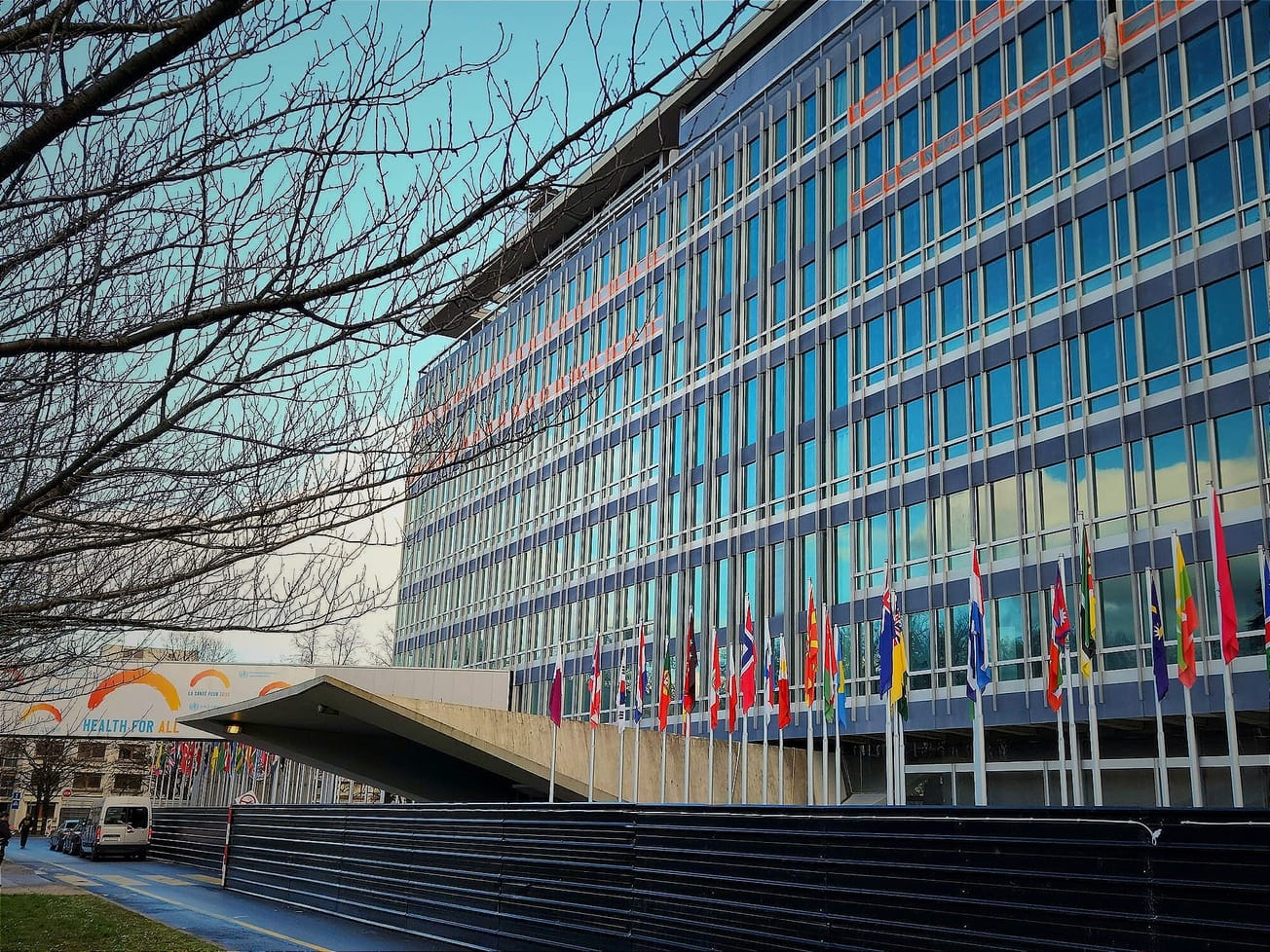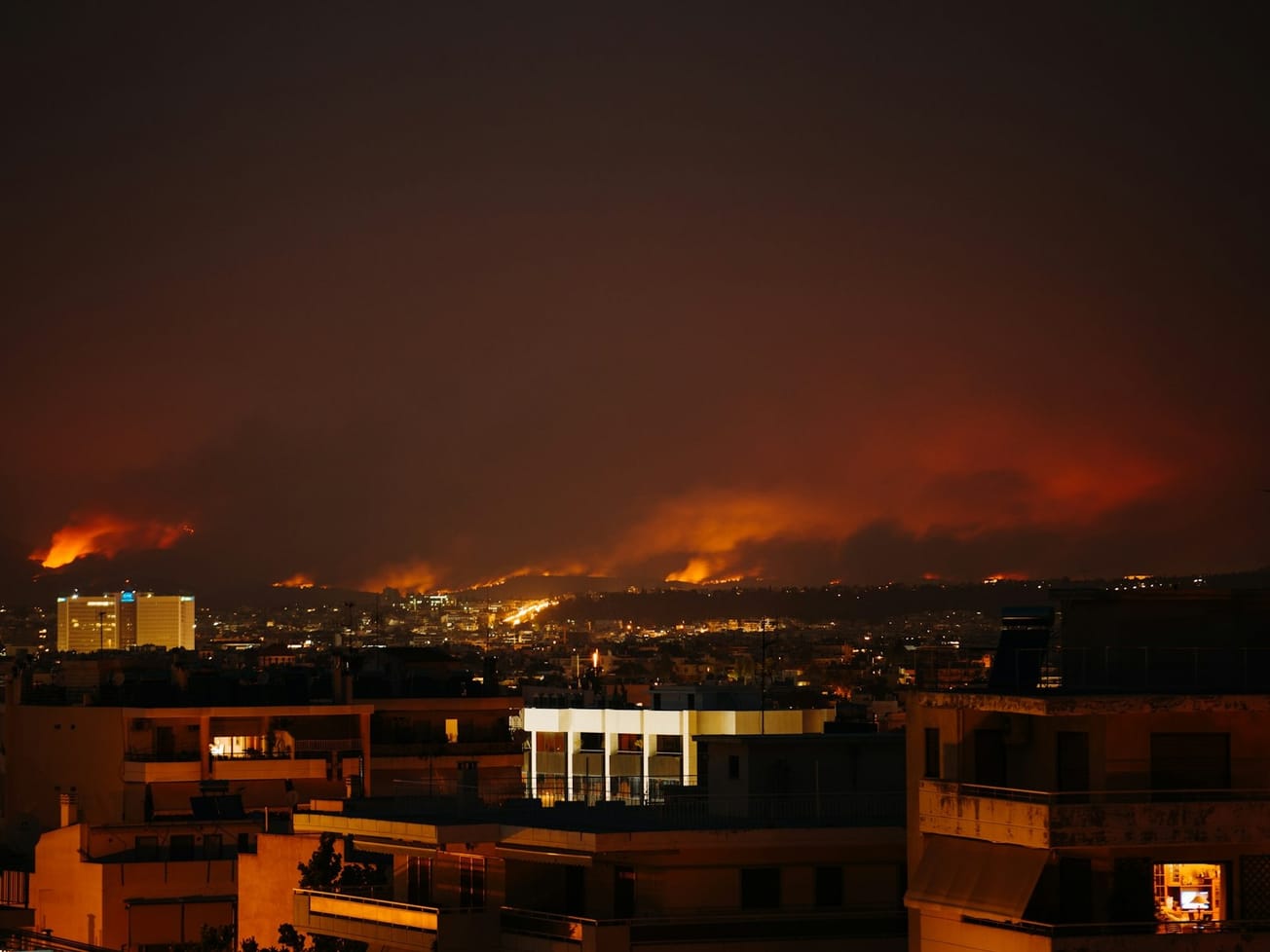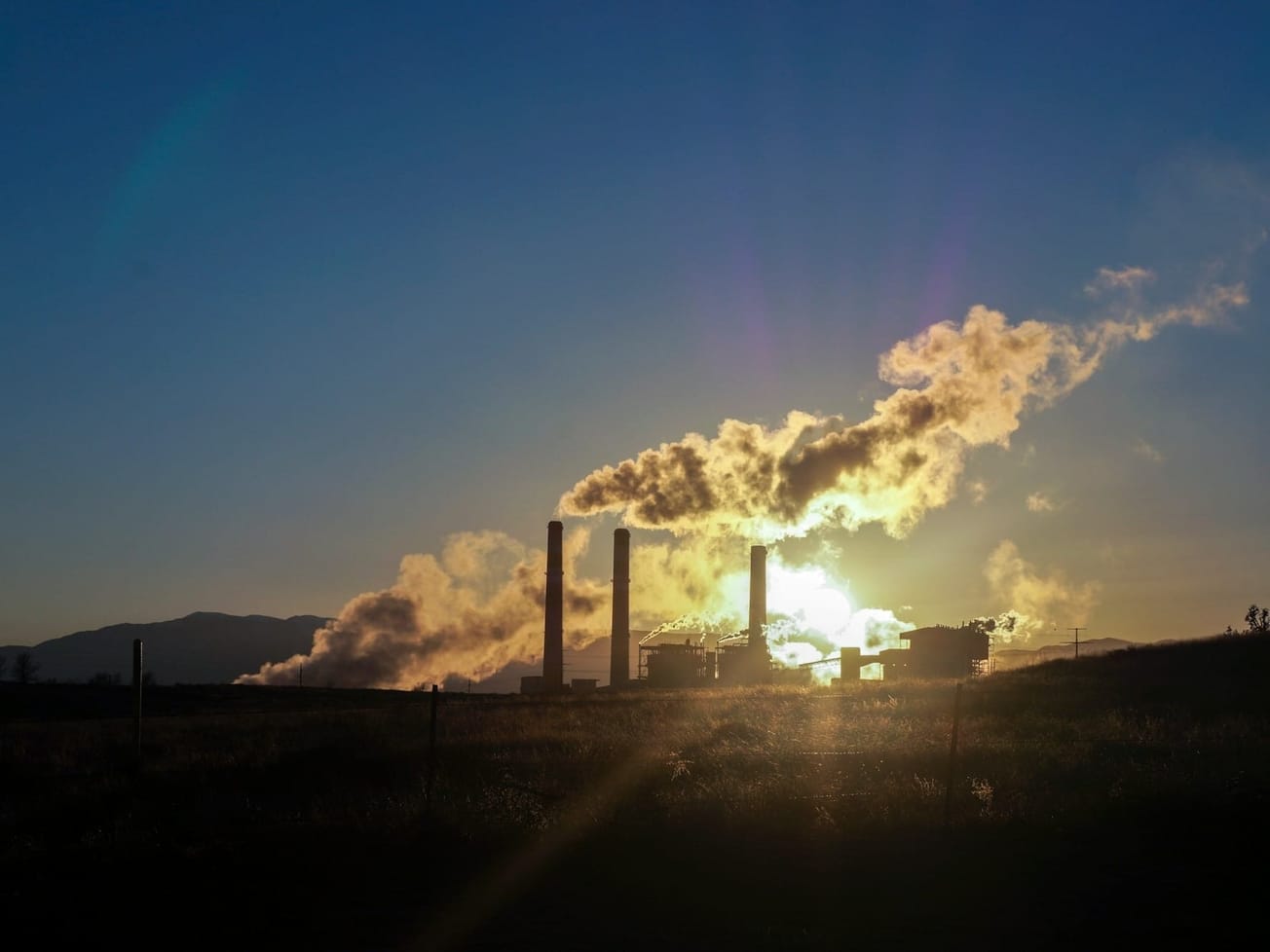DAVOS, Switzerland (AN) — In this Swiss resort town overrun by chaffeured gas-guzzling luxury cars, climate activists and leaders took aim at the many nations and businesses whose words don't measure up to their actions.
Swedish climate campaigner Greta Thunberg protested companies that are "fueling the destruction of the planet" during an appearance at the World Economic Forum's annual meeting on Thursday, saying fossil fuel-based investment is still winning out over long-term sustainable energy.
Outside the WEF's meeting halls, the town's main thoroughfare was overrun with lavish displays promising a new era of high-tech corporate stewardship. But to Thunberg and other climate activists, those displays reeked of elitist hypocrisy.
“We are right now in Davos where basically the people who are mostly fueling the destruction of the planet, the people who are at the very core of the climate crisis, the people who are investing in fossil fuels etcetera, etcetera, and yet somehow these are the people that we seem to rely on solving our problems,” Thunberg said.
“They have proven time and time again that they are not prioritizing that. They are prioritizing self-greed, corporate greed and short-term economic profits above people and above planet," she said. "The people who we really should be listening to are not here. Instead we are bombarded with messages from people who are basically the people who are causing this crisis."

The mismatch
Thunberg spoke at a panel discussion alongside climate activists Helena Gualinga of Ecuador, UNICEF Goodwill Ambassador Vanessa Nakate of Uganda and Luisa Neubauer of Germany, plus the International Energy Agency's Executive Director Fatih Birol.
"People are stretching their livelihoods, people are trying to survive, clinging to their lives and just trying to make it for another day," Nakate said of people she's observed who are suffering from hunger in places like the Horn of Africa, calling it "a mismatch between how people understand the urgency of the crisis here."
"It's like our leaders are playing games," she added, her voice softening with emotion from recounting some of the hardships and suffering she's witnessed. "Why is so hard for people to understand the urgency of what is happening?"
Their views were shared by United Nations Secretary General António Guterres, who told the wealthy Davos crowd they are the problem.
"I am not convinced that the wealthier world and their leaders truly grasps the degree of frustration and even anger in the Global South," Guterres said.
"We are flirting with climate disaster. Every week brings a new climate horror story. Greenhouse gas emissions are at record levels and growing," he said. "Today, fossil fuel producers and their enablers are still racing to expand production, knowing full well that this business model is inconsistent with human survival."
Guterres urged corporate leaders this year to put forward "credible and transparent transition plans on how to achieve net zero" carbon emissions.
"Across the spectrum of global challenges," he said, "we need private sector resourcefulness and cooperation to be able to advance in our common objectives of peace, sustainable development and human rights."

Climate strike week 231, in Davos outside the World Economic Forum where those most responsible for the climate crisis meet. We’ve written a letter to fossil fuel CEO’s demanding no new fossil fuels. You can sign it too: https://t.co/vsr048rHuo#FridaysForFuture #ClimateStrike pic.twitter.com/nP02hpiZh3
— Greta Thunberg (@GretaThunberg) January 20, 2023
Climate inattention in Davos and beyond
The activists and others demonstrated on the streets outside the WEF, part of climate strike week 231 since Thunberg's August 2018 protests in front of Swedish parliament sparked the Fridays for Future "school strike for climate" movement.
An open "cease and desist" letter to CEOs of fossil fuel companies penned by the four climate activists demands that they "immediately stop any new fossil fuel projects that are destroying our planet!"
"You must end these activities as they are in direct violation of our human right to a clean, healthy, and sustainable environment, your duties of care, as well as the rights of Indigenous people," the letter says.
The U.N. Intergovernmental Panel on Climate Change says the world only has eight more years to eliminate fossil fuel-burning energy sources that overheat the planet before the Paris Agreement's 1.5 degrees Celsius limit will be unattainable.
The treaty’s next-best goal is to prevent average global temperatures from rising more than 2 degrees above pre-industrial levels, though the world already has warmed by more than 1.2 degrees.
Birol, of the Paris-based EIA, said the energy sector is responsible for about 80% of the global carbon emissions causing climate change – and there's plenty of investment capital available to make the shift to renewable energy sources.
The world has been investing about US$1.5 trillion a year in clean energy and that's expected to rise to US$2 trillion a year by 2030, but that amount needs to double to achieve the treaty's climate targets, according to Birol.
What's missing, he said, is the political will to make the needed changes quickly enough, though he remained optimistic it will eventually happen, including in the United States where the U.S. Inflation Act's almost US$375 billion in climate incentives provides an opportunity to transform the renewable energy market.
"If we are not able to transform the energy sector, we have no chance whatsoever to reach our climate targets," he said. "When I look today at the international agenda, the global agenda including here in Davos, why do we have to see that the climate agenda needs to get more attention? Unfortunately, the attention to climate change is sliding down. I find it worrying."

'An explosion of inequality'
The mounting frustration and anger over inaction on climate change is compounded by outrage over the many rising inequalities around the world between rich and poor.
And though many of the corporate and governmental messages this year focus on climate, clean energy and sustainability, organizations and activists point to a disconnect with direct action – and with the extreme luxury and privilege surround Davos itself.
A week ahead of the Davos confab, environmental groups and climate experts denounced the United Arab Emirates' announcement that the chief executive of the state-owned Abu Dhabi National Oil Company will preside over the next round of U.N. climate talks.
This year's WEF gathering is the first to be held again in January at Davos since the start of the COVID-19 pandemic in 2020, when levels of access to vaccines and treatments, safe work spaces or remote employment revealed huge disparities.
Just as WEF was preparing to open at Davos, Oxfam International reported that the extreme levels of inequality have risen further. Over the past decade, billionaires have almost doubled their wealth and "astoundingly since 2020, the richest 1% have snatched-up almost twice as much as the rest of the world combined," the Nairobi-based anti-poverty organization reported.
"Hundreds of millions are facing impossible rises in the cost of living, and millions are reeling from the pandemic which has already killed over 20 million people," it said. "These crises all have winners. The very richest have become dramatically richer and corporate profits have hit record highs, driving an explosion of inequality."








